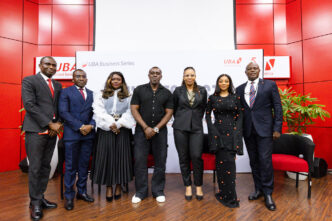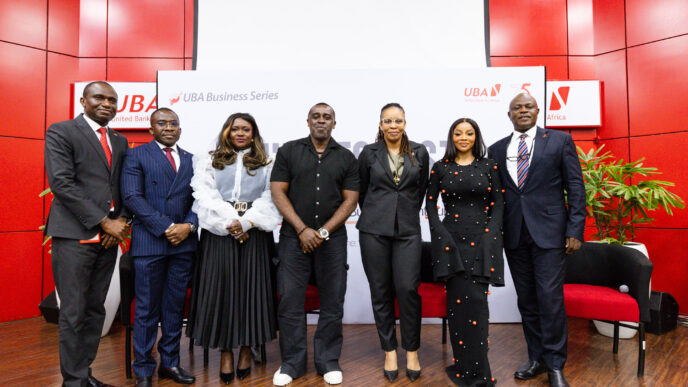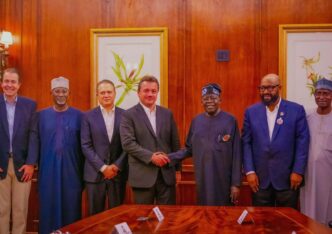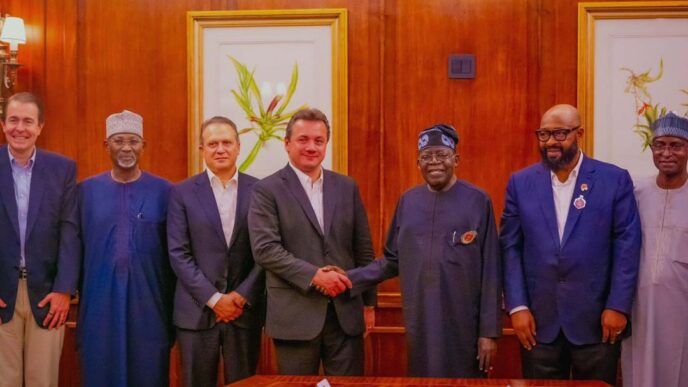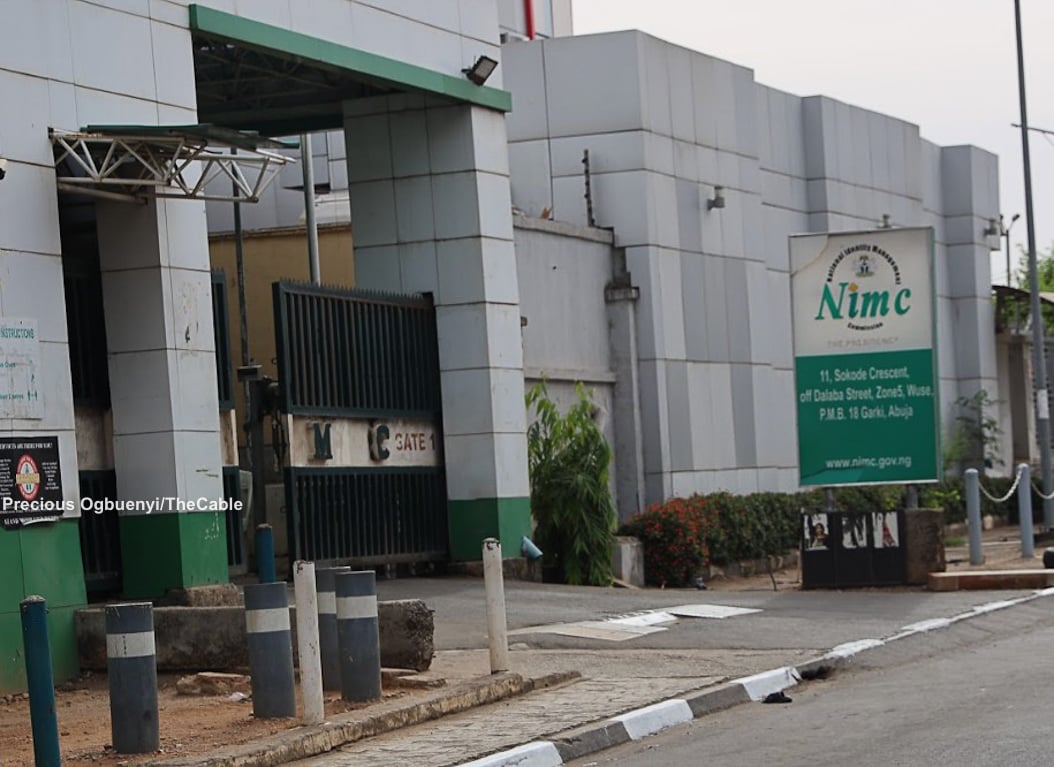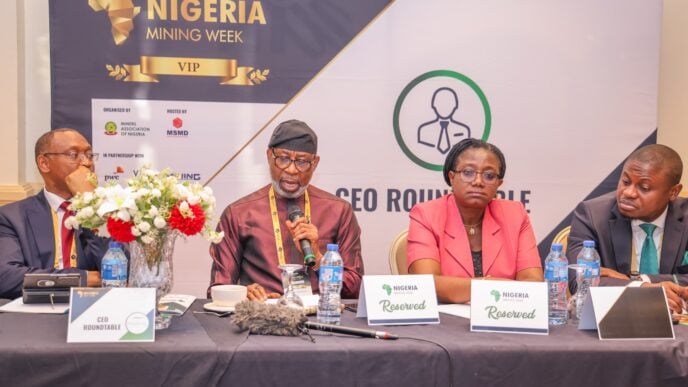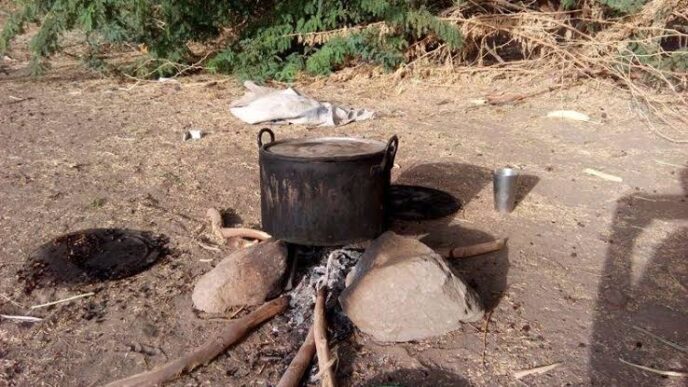The Lagos Chamber of Commerce and Industry (LCCI) says the $2.2 billion fresh loan sought by the federal government would weaken the state of critical infrastructure amid looming debt sustainability issues.
In a statement on Thursday, Chinyere Almona, LCCI’s director-general, cautioned that continued borrowing without adequate safeguards risks debt servicing costs surpassing capital expenditure allocations in the 2025 federal budget.
The senate and the house of representatives had approved a $2.2 billion loan request from President Bola Tinubu.
The development has stirred concerns over the nation’s ballooning domestic and foreign stock in the business community.
Advertisement
“The concerns are driven by the weak economic fundamentals we see in the economy today and the lack of understanding of how we intend to navigate through these challenges to a better economy in the near term,” Almona said.
“With an estimated debt-to-GDP ratio of above 50%, our debt servicing expenses set to swallow our capital expenditure, and Nigeria owing about $17billion and the 3rd highest debtor to the International Development Agency (IDA).
“The LCCI is taking the responsibility to once again warn about imminent debt sustainability issues and how that may further weaken the state of critical infrastructure in the country.
Advertisement
“The Chamber has always advised against solely using debt financing without considering other options to fund budget deficits.
“A critical perspective of further borrowing is the risk to losing steam on infrastructure financing as debt servicing alone may rise above what is set aside for capital expenditure in the 2025 federal budget.”
Almona expressed concern over the potential impact of external currency shocks stemming from the depreciation of the naira against the dollar during the servicing of accumulated debts.
She said the Central Bank of Nigeria (CBN) has been struggling to boost foreign exchange supply to strengthen the naira but to no avail.
Advertisement
The director-general added that, given the challenges, the government’s borrowing appetite must be carefully controlled.
To address the issues, the LCCI boss advised the government to prioritise transparency and accountability in the use of borrowed funds.
According to Almona, the funding of critical business-supporting infrastructure such as electricity supply, security for food production and logistics, and manufacturing enablers is crucial.
She said beyond borrowing, the government should intensify efforts to expand the non-oil revenue base through tax reforms, improve compliance, and the promotion of export-driven sectors like agriculture and manufacturing.
Advertisement
“Urgent steps are required to stabilize the naira and address the structural issues in the foreign exchange market to reduce the negative impact of external borrowing,” she added.
“Greater reliance on PPPs for infrastructure development can reduce the pressure on public borrowing while encouraging private sector participation and efficiency.”
Advertisement
‘EVALUATE LONG-TERM IMPLICATIONS OF CURRENT DEBT STATUS’
The LCCI boss urged the government and the national assembly to carefully evaluate the long-term implications of the country’s current debt status.
Advertisement
She stressed the need for caution in adopting fiscal policies, ensuring accountability in project funding, and prioritising the monitoring and evaluation of capital projects to guarantee their completion and effectiveness.
On November 19, Tinubu asked the national assembly to approve a loan request of $2.2 billion — after getting a nod from the federal executive council (FEC) for the external borrowing.
Advertisement
Wale Edun, minister of finance and coordinating minister of the economy, had said the financing package would be raised through a combination of eurobonds and sukuk.
He said approximately $1.7 billion is expected from the eurobonds offer and $500 million from the sukuk financing.
Add a comment

